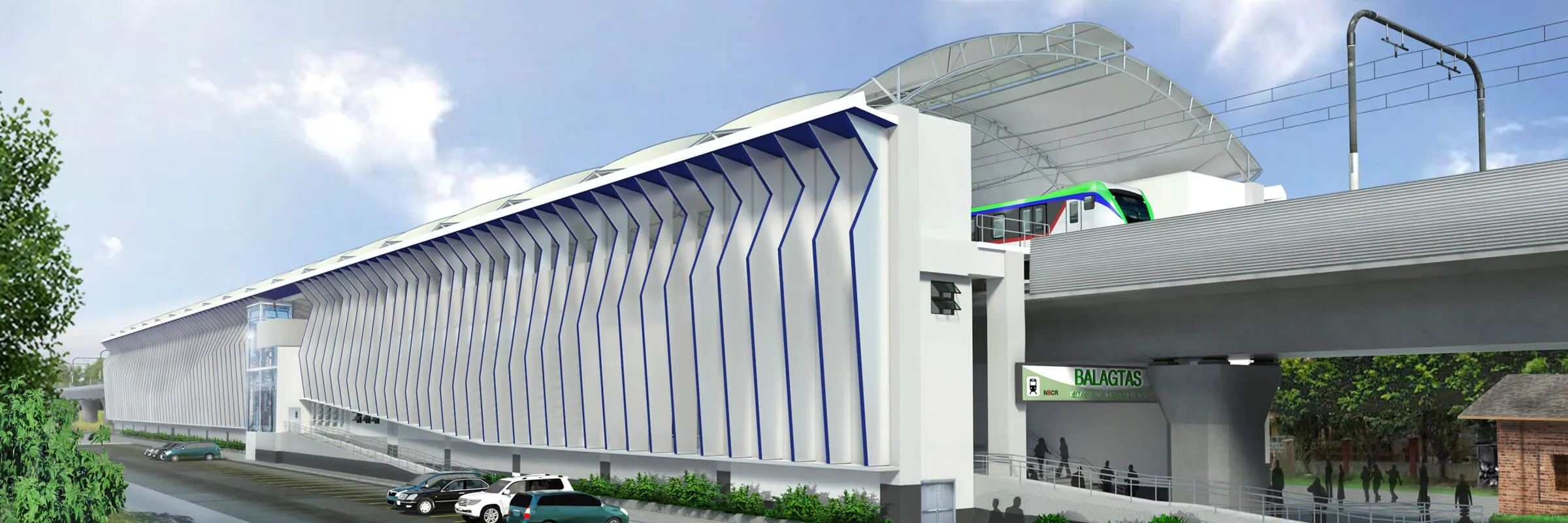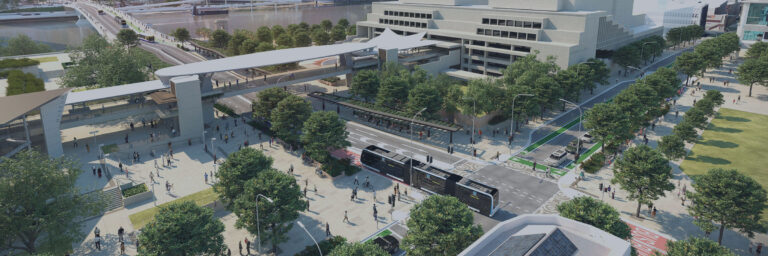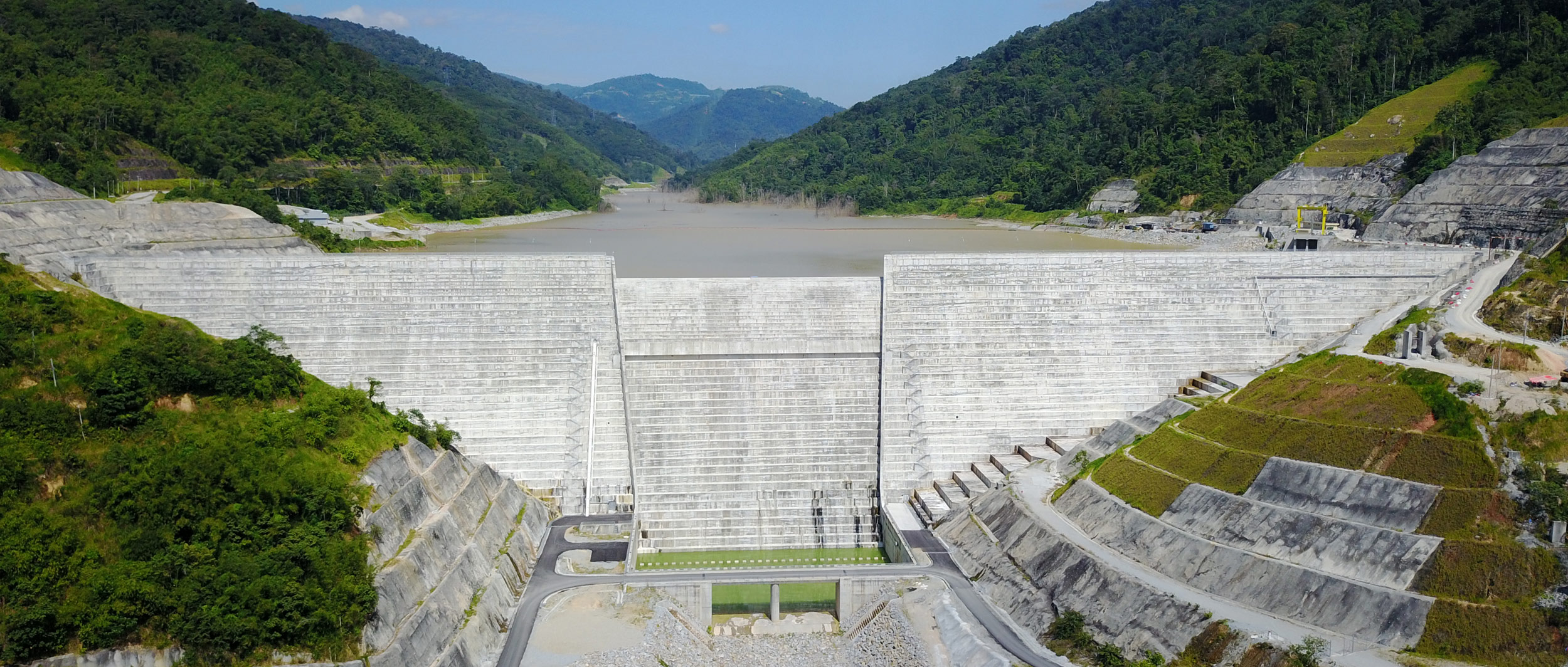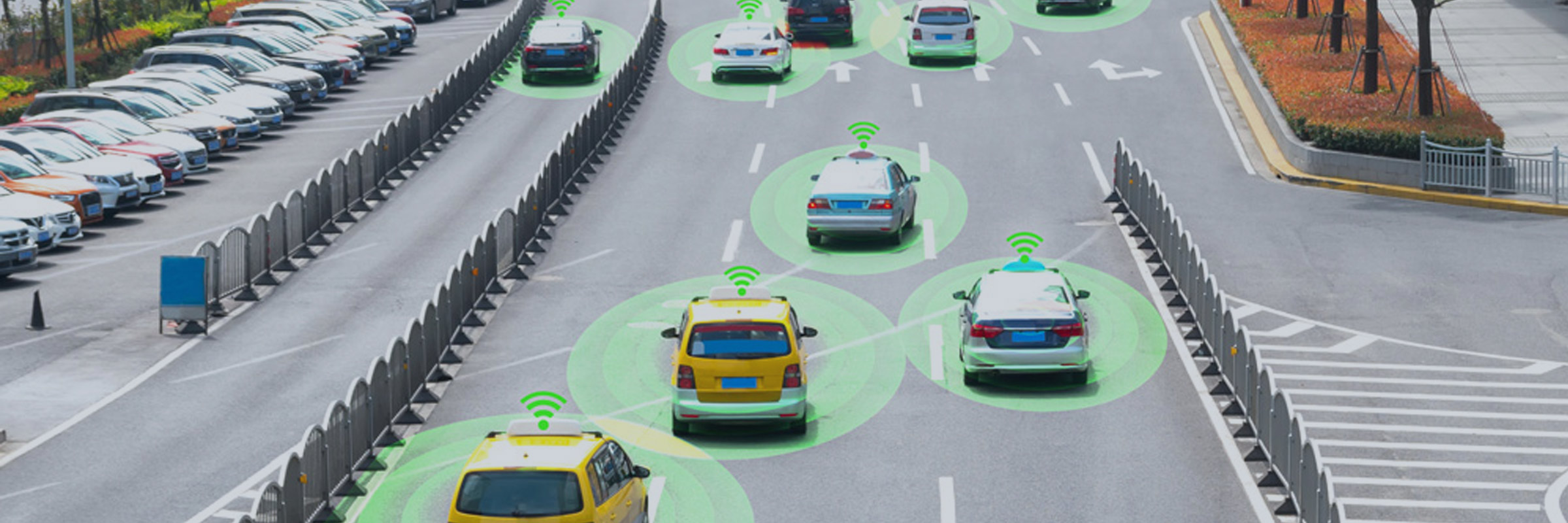
All of us are set to become passengers, giving up the rite of passage from excited learner driver and nervous first timer
As engineering and innovation professionals get involved in technological delivery at an early stage, the chance of an improved outcome for all increases. Working for SMEC, I have an opportunity to be involved in the direction AVs might take. The Company submitted an AV Position Paper to the ACT Government (September 2016). This work is progressing the partnership with the ADVI and has been adopted by the AITPM to develop a program of seminars to tackle the planning challenge.
Understanding how we will use transport modes is the key to planning for it.
I see three tiers of AV user, each responsible for different levels of on-road occupancy. The first being those who purchase a vehicle and either use it by themselves or allow it to run light-freight errands and transport others at a fee. The second, those who lease a selected vehicle for their own individual use, and the third, a blended user group where a subscription service is in place for a vehicle to provide travel at various times of day; the peak hours (if they continue to exist) being the most expensive time to travel.
Your level of ownership aside, what will you do with your in-vehicle time? Catch-up on your sleep, read your self-help book, network with the other commuters or continue scrolling through social media? With globalisation, improved telecoms and a gig-based economy, where activity-based work is emerging as a path to a powerful freedom, will we even need to travel at all?
Related
insights
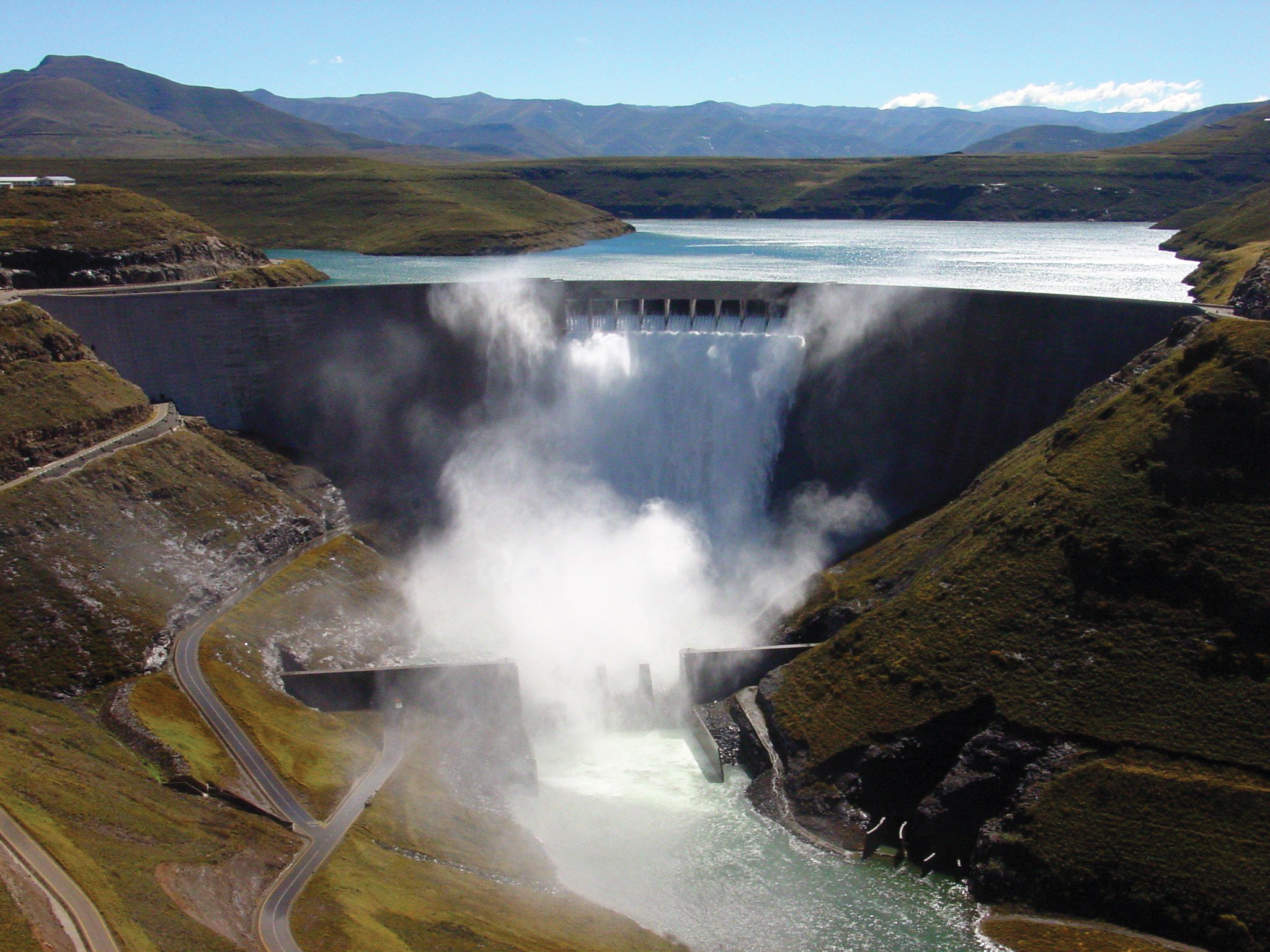 Engineering achievement of the century: Lesotho Highlands Water Project
Engineering achievement of the century: Lesotho Highlands Water Project
“This project has been the dream of engineers since the 1940’s... It will be a fundamental chain link in the continued growth of both Lesotho and South Africa, and in particular the industrial heartland of Gauteng.”
 Embracing the Smart Agenda
Embracing the Smart Agenda
SMEC is made up of problem solvers. We have always helped to find solutions for people - it’s part of our DNA. That’s why the Smart Cities agenda simply represents a contemporary part of our innovation journey and fits neatly into SMEC’s strategic approach to grow and diversify our business.


